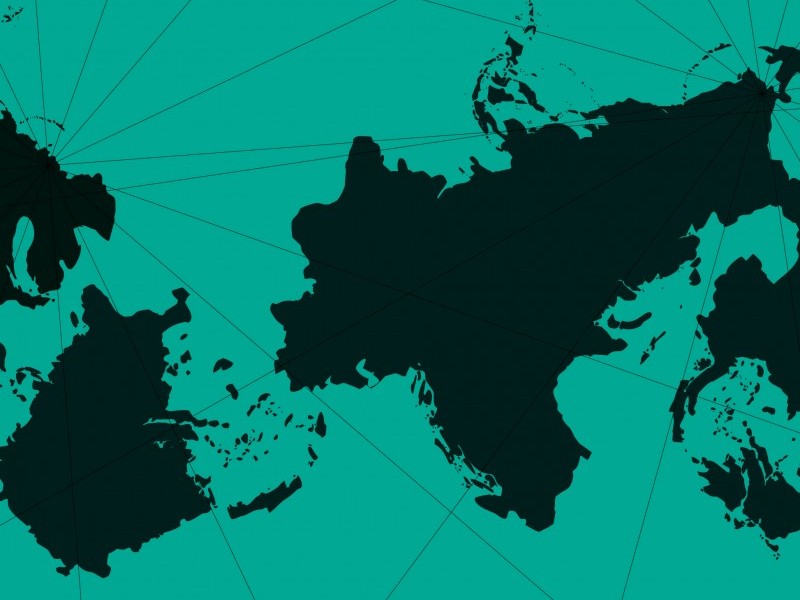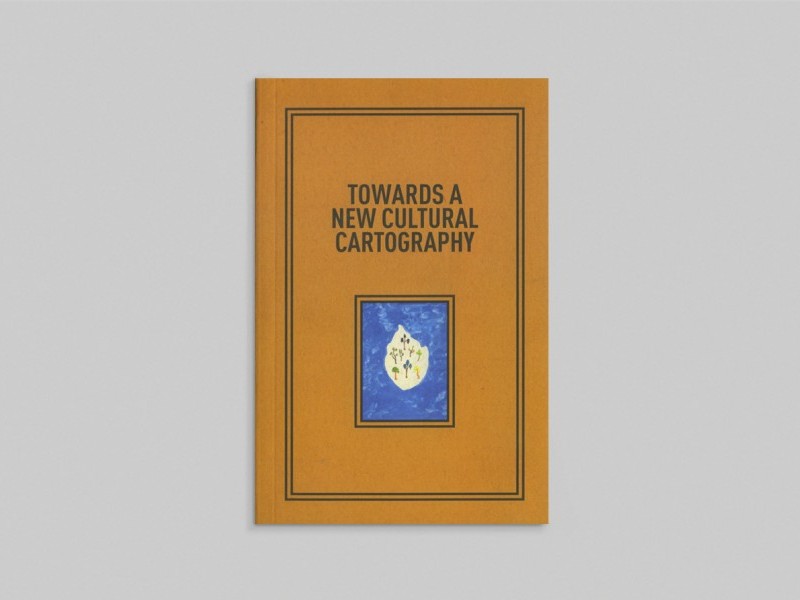Overview
March Meeting 2013 will invite speakers to reflect on and contextualise the concepts addressed by the SB11 theme in a series of presentations, thematic sessions and panels.
Sharjah Biennial 11 Curator Yuko Hasegawa proposes a new cultural cartography, drawing inspiration from the courtyard in Islamic architecture as a space that accumulates the memories of a local culture and facilitates the production of new knowledge through the exchanges and encounters it hosts. Hasegawa seeks to emphasise and reinforce the important role that perspective and subjectivity play in the way socio-cultural spaces, geographical landscapes and physical locales are perceived, interpreted and engaged with.
Speakers include Sarat Maharaj, Professor of Visual Art & Knowledge Systems, Lund University & the Malmö Art Academies, Sweden; Paulo Herkenhoff, Director, Museu de Arte do Rio (MAR), Brazil; Hu Fang, Artistic Director, Vitamin Creative Space, China and Patrick D. Flores, Curator, Vargas Museum, Philippines. A selection of speakers were chosen from applications submitted in response to the MM 2013 Open Call for presentations.
March Meeting is an annual gathering of artists, art professionals and institutions concerned with the production and dissemination of art in the region and internationally.
Taking place from March 14 -17, during the opening week of SB11, MM 2013 is free and open to the public. Registration is recommended to reserve your seat and for future updates on the programme.
President's Statement
This year’s March Meeting coincides with Sharjah Biennial 11, and was conceived alongside the reflections that informed Yuko Hasegawa as she developed the thematic framework for the Biennial. This framework draws on Hasegawa’s perception of the historical courtyards of Sharjah as ‘spaces that have the potential to intensely accumulate the memories of a local culture’, and her experience of this culture as one ‘where people from diverse cultural backgrounds can meet and share the information and embodied knowledge they have brought with them from home’. It examines how the global and local, or the historic and contemporary, redefine each other. This examination suggests a re-orientation of knowledge that acknowledges the complexity and porosity of cultures and considers how these legacies are successively negotiated by proposing Re:emerge – Towards a New Cultural Cartography as the Sharjah Biennial theme. March Meeting 2013 adopted Hasegawa’s conception of the courtyard as both a ‘practical site and a metaphorical condition for stimulating cultural negotiations and generating knowledge’, inviting a diverse group of speakers to exchange perspectives on these issues anchored in their varied fields of expertise.
March Meeting 2013 aims to expand on the directions Hasegawa suggests in her proposal for a new cultural cartography by addressing the multiple levels within which such a cartography is negotiated: from the individual and private, to the public and institutional, as well as the national, regional and international. The first three days of March Meeting will consist of sessions exploring the networks formed through negotiated productions of knowledge and the practices and social spaces that nurture this production; the terminologies inherent to the construction and crystallisation of different world systems and the potentialities that re-evaluations of these terminologies can enable; the re-formulation of subjectivities and objectivities coinciding with shifts in global economic and socio-political circumstances as well as the technological paradigm shifts of the 21st century. On the last day, March 17, March Meeting will expand the understanding of the courtyard beyond architectural and regional characteristics through a series of presentations that explore it as a condition and a metaphor for engaged exchanges and embodied transformations of perceptions that can be experienced not only throughout the MENASA region or within domestic contexts but also through the development of artistic, architectural and cultural practices that can extend from Indonesia to South America.
Through this gathering of academics, artists, architects and art professionals, March Meeting 2013 establishes a platform for examining the wider implications and aspirations of Yuko Hasegawa’s Re:emerge – Towards a New Cultural Cartography and aims to foster connections that may develop into new partnerships and initiatives. Moreover, parallel to facilitating encounters between the local and international, the above reflections are points of departure for exploring and revaluating cultural and artistic practices, and instigating dialogue with and within the community, a guiding premise to the existing mission and direction of Sharjah Art Foundation.
Hoor Al-Qasimi
President, Sharjah Art Foundation
Related content

Sharjah Biennial 11
Sharjah Biennial 11: Re:emerge
Towards a New Cultural Cartography

March Meeting 2013: Towards a New Cultural Cartography
This publication takes as its starting point Yuko Hasegawa’s curatorial concept for Sharjah Biennial 11: Re:Emerge – Towards a New Cultural Cartography and March Meeting 2013.
